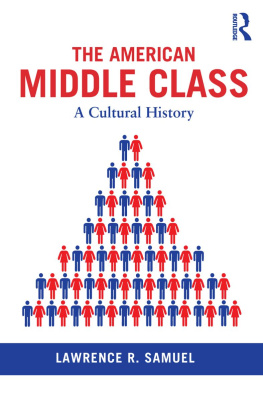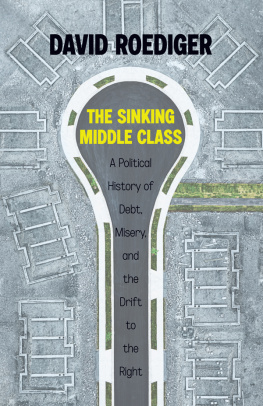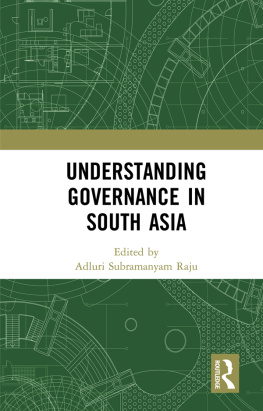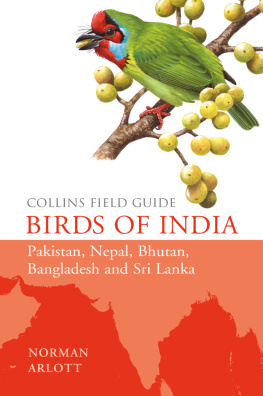Sreejith K. - The Middle Class in Colonial Malabar: A Social History
Here you can read online Sreejith K. - The Middle Class in Colonial Malabar: A Social History full text of the book (entire story) in english for free. Download pdf and epub, get meaning, cover and reviews about this ebook. year: 2021, publisher: Routledge, genre: Politics. Description of the work, (preface) as well as reviews are available. Best literature library LitArk.com created for fans of good reading and offers a wide selection of genres:
Romance novel
Science fiction
Adventure
Detective
Science
History
Home and family
Prose
Art
Politics
Computer
Non-fiction
Religion
Business
Children
Humor
Choose a favorite category and find really read worthwhile books. Enjoy immersion in the world of imagination, feel the emotions of the characters or learn something new for yourself, make an fascinating discovery.

- Book:The Middle Class in Colonial Malabar: A Social History
- Author:
- Publisher:Routledge
- Genre:
- Year:2021
- Rating:3 / 5
- Favourites:Add to favourites
- Your mark:
The Middle Class in Colonial Malabar: A Social History: summary, description and annotation
We offer to read an annotation, description, summary or preface (depends on what the author of the book "The Middle Class in Colonial Malabar: A Social History" wrote himself). If you haven't found the necessary information about the book — write in the comments, we will try to find it.
Members of the middle class in colonial Malabar left behind a copious amount of writings. These are to be found, among other places, in magazines, autobiographies and diaries. This book explores the social history of the middle class in the region during the British period on the basis of these writings in combination with archival sources. It delves into how they conceptualized domesticity, forged new friendships cutting across caste, and sometimes, even racial lines, and the new forms of leisure they envisaged. The author also analyses the dilemmas the group faced as it responded to the changes unleashed by colonial modernity at their work places, in the public sphere, and inside homes, where they desperately clung on to tradition even while accepting much of what the West had to offer.
Please note: Taylor & Francis does not sell or distribute the Hardback in India, Pakistan, Nepal, Bhutan, Bangladesh and Sri Lanka.
Sreejith K.: author's other books
Who wrote The Middle Class in Colonial Malabar: A Social History? Find out the surname, the name of the author of the book and a list of all author's works by series.






